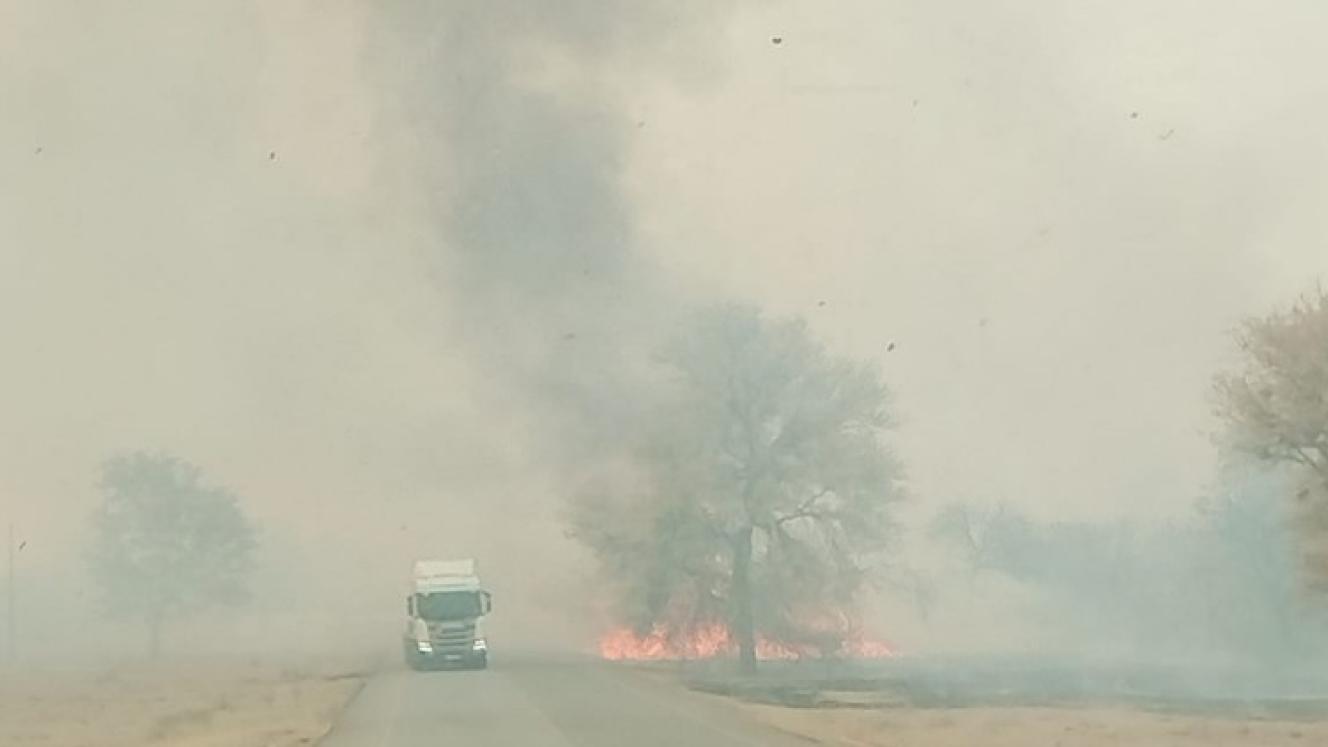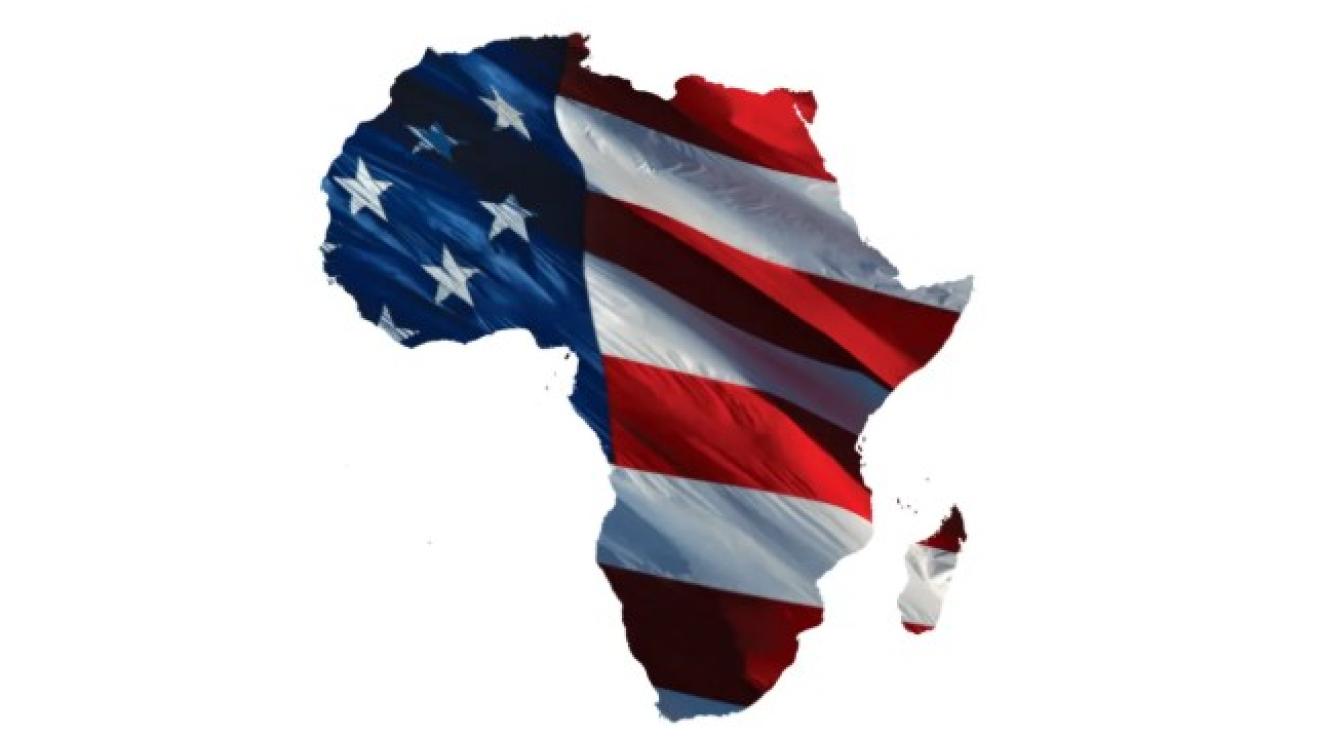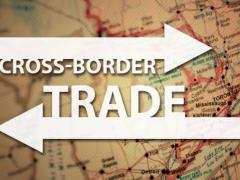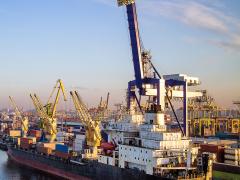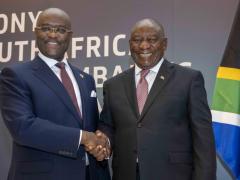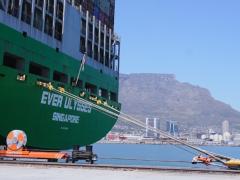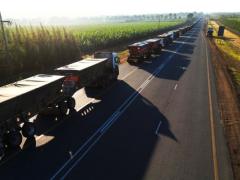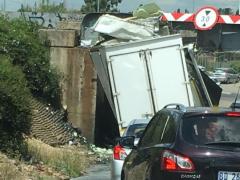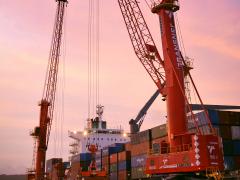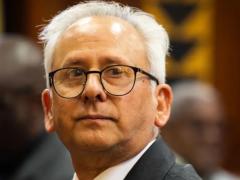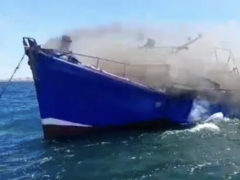Equality may serve democracy well but the jury’s out whether it’s a principle that suits cross-border logistics in Southern Africa, especially when it comes to fickle borders like Groblersbrug, a crucial river transit for fuel and other cargo heading to the Copperbelt.
As has been the case several times this year, the crossing on the N11 north-west of Lephalale (Ellisras) is yet again congested, causing truckers to wait up to four days to enter Botswana.
On Tuesday, September 16, transporters complained to the Transit Assistance Bureau (Transist) that the queue on the N11 was out of control, leading to heated exchanges between drivers, government officials and self-appointed marshals taking control of the queue, replete with chevron vests.
Even Mike Fitzmaurice of Transist, recognised by organisations such as the Southern African Association of Freight Forwarders for his tireless efforts to assist long distance hauliers, seemed a little disillusioned by the situation.
“It happens time and again and no matter how many times the same issues appear, government agencies seem incapable of finding lasting solutions.”
The issues he referred to, especially relating to a border crossing predominantly used for in-transit cargo, include pre-cleared good, fuel, acid and other hazardous chemicals.
That’s where the point about equality comes in.
The Cross-Border Road Transport Agency (CBRTA) cannot give some trucks preference, according to a Copperbelt fuel supplier spoken to on Tuesday and again on Friday, September 19.
It raises a point Fitzmaurice always does: Why have pre-cleared cargo protocols in place when some operators just arrive at the border without the right documentation?
Is it perhaps because, when chaos reigns, corruption flourishes?
The fuel supplier said a CBRTA official told him in writing that: “We do have cross-border transportation agency inspectors deployed at the border on an ad hoc basis. Our main mandate is to ensure compliance with the Cross-Border Road Transport Act.”
This raises the obvious question: Why do so many non-complying operators continue to bottleneck at borders like Groblersbrug?
If only one principle for cross-border road freight efficiency was applied – pre-cleared cargo – the queues we’re currently seeing on the N11 could be cleared, if not substantially shortened.
The supplier said, amid all the whining and whinging from industry – which is often what it takes to get things done – there is a spurt of movement when trucks with pre-cleared cargo are pulled out of the queue and given proceed-to-border instructions.
But, on Friday morning, it seemed the situation was returning to seething tempers matching soaring temperatures on a route that is a crucial supply line for the copper mines in Zambia and the DRC.
The supplier said: “My guys (drivers responsible for safely delivering hazchem cargo) are taking about three days to get through.”
What if the truck parks, barely under control at the moment, fill up again?
“Then they stand on the side of the road. But they know what they are doing. They know how to look out for one another.”
Freight News approached the Deputy Acting Commissioner of the Border Management Authority (BMA), Mmemme Mogotsi, about the approach to addressing the problem directly related to the authority’s area of jurisdiction.
She replied: “I will revert.”
That was Tuesday.
On Friday morning, she was reminded that nothing had come of her undertaking to “revert”.
She said: “Ok, I’m sending something.”
This hadn’t happened at the time of writing.
I am sorry to say but the lack of urgency on the part of organisations such as the BMA and the CBRTA is sometimes so painfully obvious it’s hard to stomach.
It’s as if officials on government pay, many of them receiving exorbitant salaries, don’t really care to do the basics – let alone grasp concepts like pre-cleared cargo.
Consider this comment from the aforementioned CBRTA official: “Please do redirect some of your operators to other ports of entry.”
For operators, like the fuel supplier we spoke to, that means Beitbridge but the way through Zimbabwe comes with a US$213 fee payable to Zimborders upon entry.
Add additional government levies, wear and tear on Zim’s 'wonderful' road infrastructure and it comes as no surprise that Copperbelt transporters based in South Africa prefer to avoid our northern neighbour.
Alternative borders south of Groblersbrug are also not an option, said the supplier, as this can add up to 300 kilometres to the journey.
“We’re already on slim margins. Add extra cost and time to our trips and it is simply not profitable to do business in the DRC anymore.”
You might say that facilitating cross-border road freight and managing a difficult border is easier said than done but that’s what the CBRTA and the BMA are there for.
Surely applying certain industry-assisting principles, such as pre-cleared cargo compliance, will go some way to help operators that play by the rules.
Or is grasping such concepts a bridge too far?
